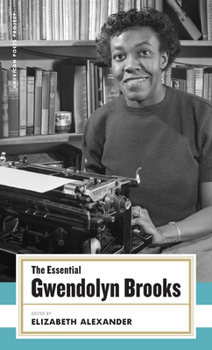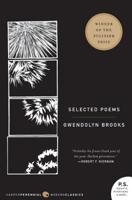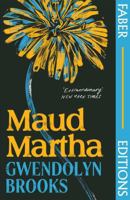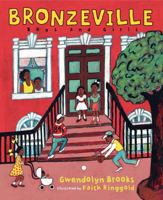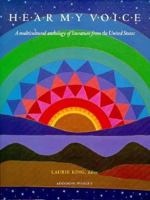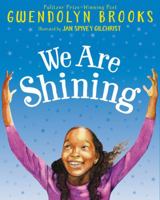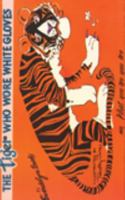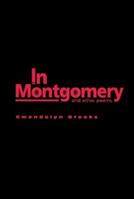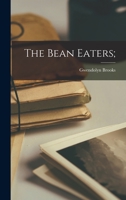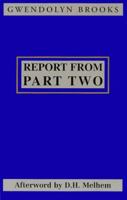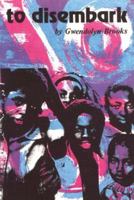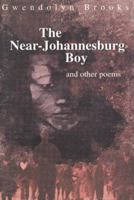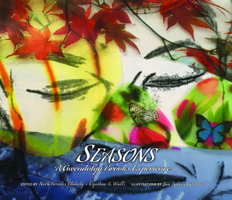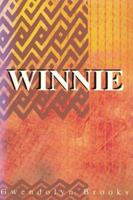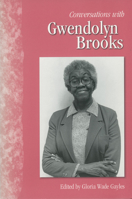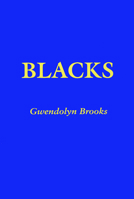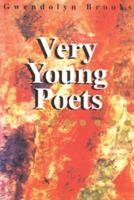The Essential Gwendolyn Brooks
Select Format
Select Condition 
Based on Your Recent Browsing
Book Overview
Elegantly designed in compact editions, printed on acid-free paper, and textually authoritative, the American Poets Project makes available the full range of the American poetic accomplishment, selected and introduced by today's most discerning poets and critics.
Customer Reviews
Rated 5 starsMy Comments
This is a wonderful book for both children and adults. If you like poems, then you should definetly read this book.
0Report
Rated 5 starsGwendolyn Brooks is Magnificient
Five stars! If I had to choose the ten greatest books of the twentieth century, Brooks' Selected Poems would have to be one of them. Her voice is entirely original - no one who came before Brooks or follows her writes quite like her. Brooks' work is distinguished by so many wonderful qualities - she may have the best ear of any living American poet. Her sense of the musicality of language rivals that of Yeats and Dylan...
1Report
Rated 5 starsA small collection of a larger-than-life career
In 1984, I had the honor to spend a day with Miss Brooks, and to hear her do a reading of many of the poems in this book. I wish that all of you could have heard that reading, her work is meant to be read aloud. That's what I would advise you to do, buy this book, and when you get it, read the poems aloud. Play with the flow and the cadence of the words. Miss Brooks is a national treasure, and her words speak to us all...
1Report
Rated 5 starsWe's Not So Cool
It's a shame some people sit in their Wall Street Towers and, not having any apparent experience with the real world, judge harshly those who not only live in it, but interpret it into literary masterpieces. Those who find solace in maligning Gwendolyn Brook's poetry should take a much closer second look. Her poetry transcends all barriers. Her subjects are the embodiment of all of us, poor or rich. Ms. Brooks' poetry...
1Report
Rated 5 starsGreat book
This is a wonderful collection of poems, Brooks's best. I understand why Langston Hughes has received so much attention over the last several decades--his first-person commentary and description of Black life in the twentieth century is valuable and enlightening--but Brooks, at her best (i.e., in this book), is a better poet than Hughes was at his best, and I'm a little miffed that she hasn't received more credit by the...
0Report











